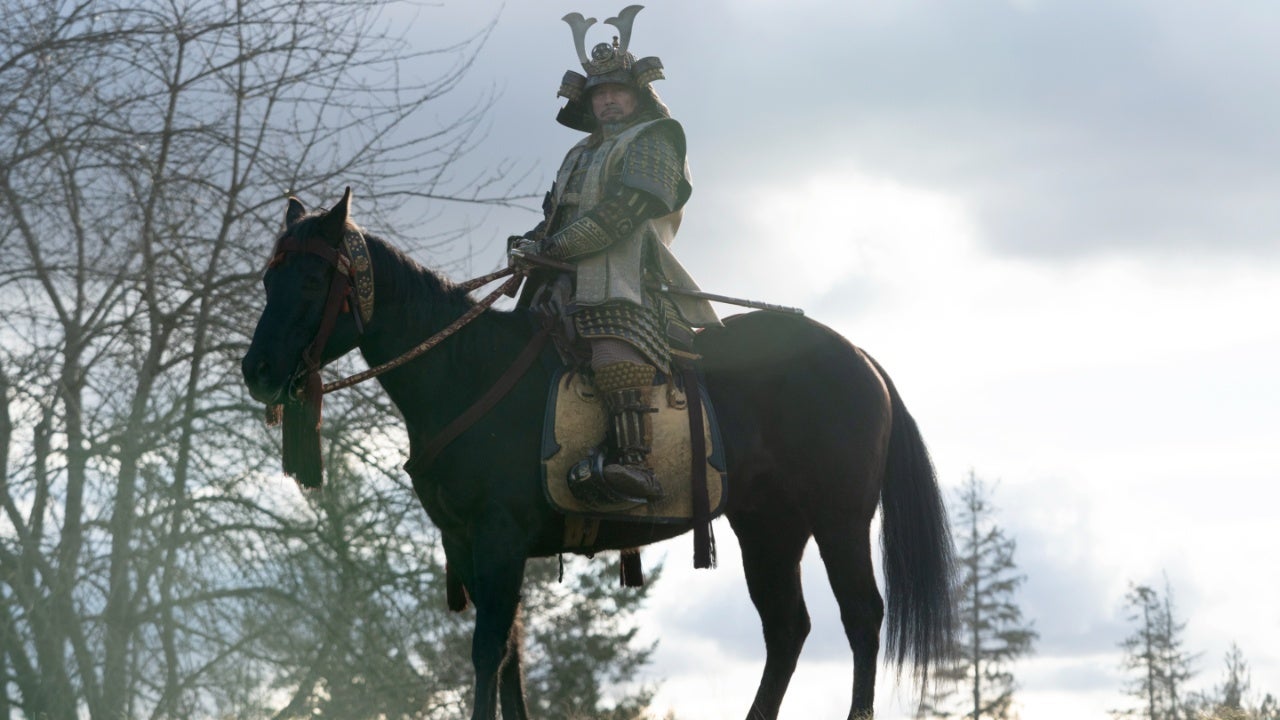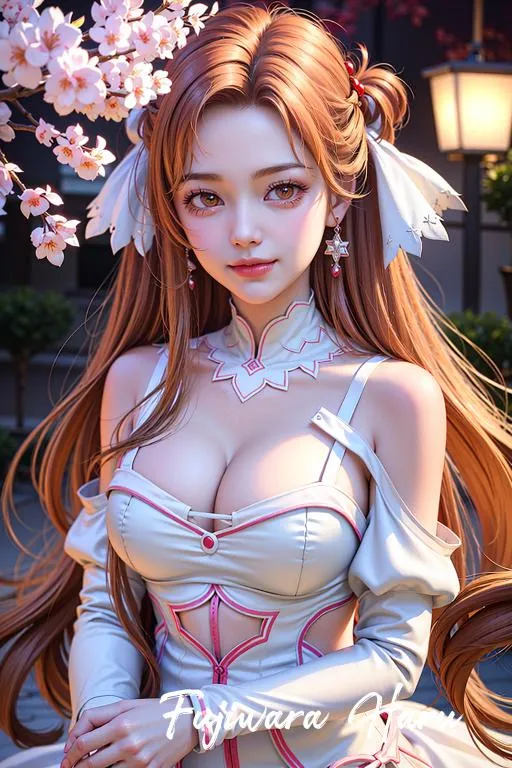FX’s 10-episode limited series Shōgun is a masterpiece, with an extremely talented cast performing in Japanese and English to tell a fascinating story about faith, sacrifice, and ambition. Creators Justin Marks and Rachel Kondo have crafted a version of feudal Japan filled with visual splendor, brutality, and intrigue, avoiding the temptation of big-budget spectacle in favor of keeping the focus firmly on the writing and characters.
Shōgun's strikingly beautiful shots of the landscape and cities, sumptuous meals, and gorgeous costumes create an illusion of peace so strong that when violence breaks out, it’s sudden and harsh – an assassin’s blade tearing through shoji or bodies piling up in the snow. The conflicts are never won or lost based on who’s the best archer or swordsman. They’re determined by the plots that were in place before the fighting began and how good the attackers were at assessing their enemies and their motivations.
Highly faithful to James Clavell’s bestselling (and frequently adapted) novel about the events leading up to the creation of the Tokugawa Shōgunate – an isolationist government that lasted more than 250 years – Shōgun kicks off in 1600, when Japan is on the brink of civil war. The tension is palpable in the premiere; a fragile peace built on ritual and bureaucracy threatens to crack and plunge the country into a new era of bloody wars of conquest.
Lord Yoshii Toranaga (Hiroyuki Sanada) starts the series seemingly backed into a corner. Playing one of five regents put in place by Japan’s recently deceased ruler to manage the country until his heir comes of age, Sanada delivers a masterful performance, utterly regal even in scenes where Toranaga has to sneak away from his peers on the council, who have banded together to depose him. The character's confidence, piercing insights, and ability to contemptuously dress down anyone who defies him make it easy to see why he’s considered so dangerous by the other regents. By positioning Toranaga as the underdog and having him slowly claw his way back from imminent death, the writers make it easy to root for his success even as the portrayal of his enemies becomes more nuanced and Toranaga’s own motivations and actions grow more questionable.
He finds an unexpected lifeline when a ship of starving, scurvy-ridden Europeans led by the brash English pirate John Blackthorne (Cosmo Jarvis) washes ashore. Shōgun could easily have become a repeat of The Last Samurai, where Sanada played mentor to another transplanted-Westerner protagonist, but the series takes more of an ensemble approach rather than centering the story on John’s experiences. John becomes a pawn for Toranaga and his rivals – who mostly refer to him as “Anjin,” the Japanese word for pilot – to manipulate for their own ends. Just as John comically bumbles around a beautifully manicured garden, he also disrupts carefully laid plans as he tries to pursue his own goals to draw Japan into European war.
But he’s still a force to be reckoned with. Jarvis lights up scenes with a cunning character, making it understandable why everyone wants to either befriend or kill John. Representing the Protestant alliance between the Dutch and English at a time when Portuguese Catholics were the only European presence in Japan, John immediately comes into conflict with his church-appointed translators and has to make it clear that they don’t actually speak for him. (This involves hilarious wild gesticulations and strings of profanity.)
John never develops a miraculous mastery of the language, and the writers constantly find novel ways to use the communication barrier between him and his captors. It’s a source of humor in the early episodes, as they often unintentionally echo each other in their threats, mockery, and accusations of barbarism. It also shows John's character development, from a moment of tenderness where he tries to crudely express his gratitude, to a demonstration of how he cleverly uses prepared phrases to hide his ignorance as best he can.
Nestor Carbonell makes the absolute most of his brief time as Rodrigues, an equally foul-mouthed Spanish sailor who provides John with an early primer on life in Japan. But the true third pillar of Shōgun is John’s long-term guide Toda Mariko (Anna Sawai), a vassal of Toranaga who converted to Catholicism after a terrible tragedy. The character might seem to have the makings of a cookie-cutter forbidden love interest, but Mariko is driven by a quest for vengeance that leads her to become the lynchpin of the series’ biggest conflict.
Mariko explains to John the concept of the eightfold fence, a wall built around one’s emotions to keep them from being read by others. Sawai beautifully portrays that restraint as she placidly handles Anjin’s insistence that he only needs to bathe weekly and the doctor tending to his wounds is some sort of warlock. It makes the moments where her composure breaks all the more powerful and sells the way she can turn a line of poetry or a formal request for passage into an attack on Toranaga’s rivals. The roiling storm of Mariko’s emotions behind her eightfold fence serves as a microcosm of Shōgun’s Japan.
The other standout performance comes from Tadanobu Asano as Kashigi Yabushige, a lord ostensibly in service to Toranaga who spends the entire series transparently trying to ensure he’s always on the winning side of the growing conflict. His clumsy form of slipperiness provides excellent comic relief, especially in his conflicts with Anjin, and serves as a novel alternative to the slickness of Game of Thrones’ Littlefinger and the many lesser imitations of his underhanded dealings.







